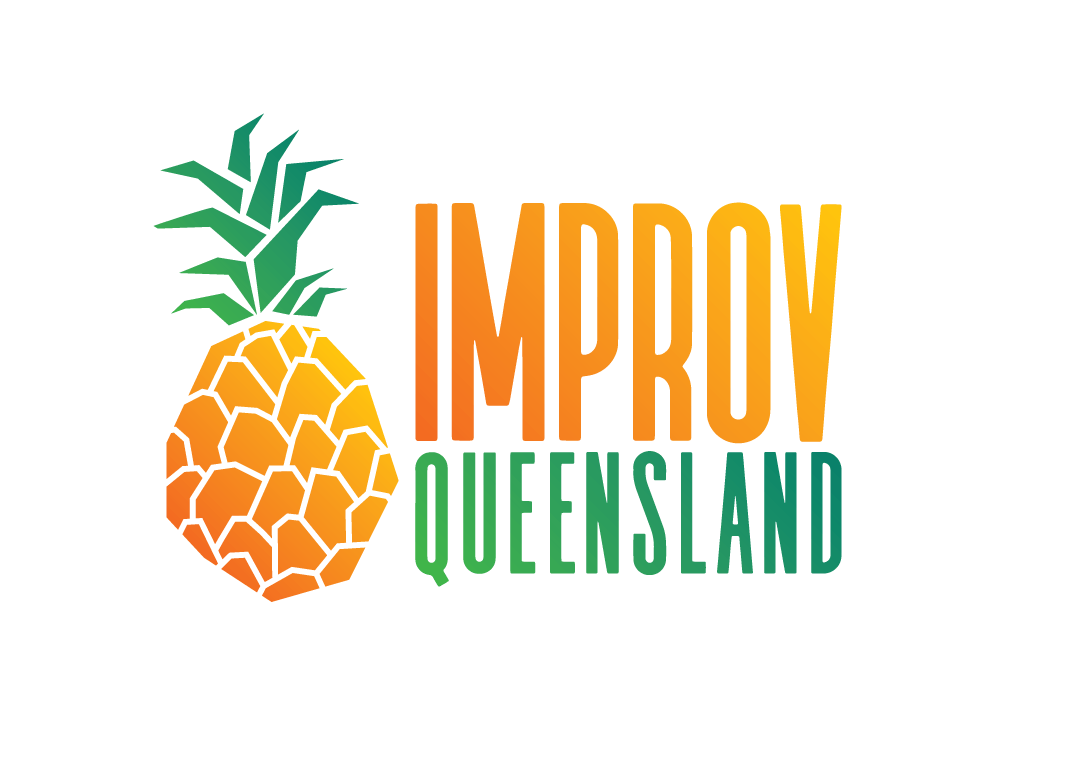Impro versus Improv
You will sometimes hear different terms to refer to improvisational theatre. Some people will call it improv. Others (the smart ones) call it impro?
So whats the reason for the difference in terminology?
Is one approach wrong and the other right? Does one ‘v’ really matter?
The difference in terminology has arisen because of the difference in how American and British teachers shortened the word ‘improvisation’. For people with British accents, the word is generally pronounced “impro-visation” with the ‘o’ and the ‘v’ joining different syllables. Whereas in American accents, its “improv-isation” with the ‘v’ joining the ‘o’ (I think the ‘o’ is stressed more so the ‘v’ goes along for the ride.
Easy then. Its just about accents.
Well, yes and no. The word you use to describe improvisation often signals something about your approach to improvisation and the tradition which you follow or were trained in.
Until recently, in Australia, impro was the preferred term. Most early Australian impro companies were heavily influenced by Theatresports and the British teacher, director and playwright, Keith Johnstone (who created Theatresports and literally wrote the book “Impro”). Many companies in Australia were founded in the 1980s as part of the Theatresports mania which swept the world (which included a short stint on the ABC). This is why older companies in Australia often use impro in their name – Impro Australia, Impro Melbourne, Impro Theatre ACT.
However, improv is increasingly becoming popular here. This is partly because US based improvisation styles are becoming more influential – Chicago style, UCB, game of the scene, Harolds, premises, Armandos, La Rondes. Whereas the Loose Moose Theatre which Keith Johnstone founded in Calgary continues to thrive, the majority of new teachers and proponents of improvisation currently emerge from the US. Hence, many people now come into improvisation having been introduced to it by Americans. And as such, that extra ‘v’ is becoming more common.
The word you use can then indicate a bit about you as an improviser. It can indicate a preference for a particular style of improvisation, a particular tradition or the particular kind of show you like to put on. It can also indicate who trained you or the history of the group you are a member of.
You could also simply be showing your age.
I would note that we changed our name 1 year ago from Impro Mafia to Improv Queensland. Why did we do this?
Simply, while it will always be IMPRO to many of us, its important that we change with the times and continue to reach out to new audience, students and performers. Impro(v) should always be changing and growing as should the companies that create it.

